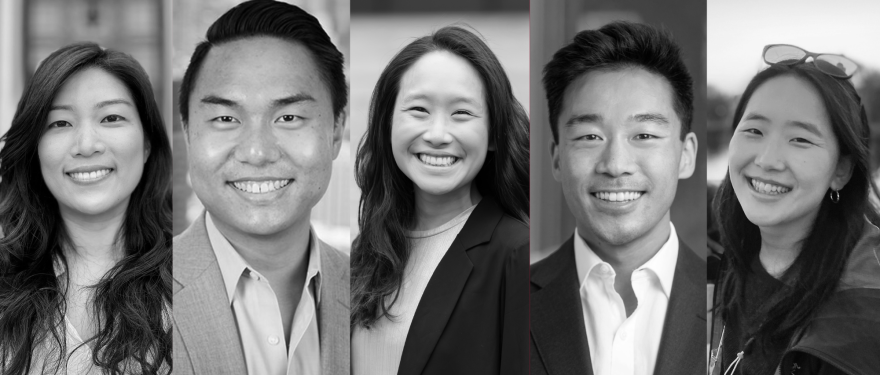May is Asian American & Pacific Islander (AAPI) Heritage Month. The Asian Affinity Business Association (AABA), in collaboration with students and organizations across campus, is proud to share and honor the stories of our community members. We hope these stories showcase the history, richness, and diversity of the AAPI experience and inspire hope for a world of empathy, compassion, and courage.
Adelina Pak (MBA 2024)
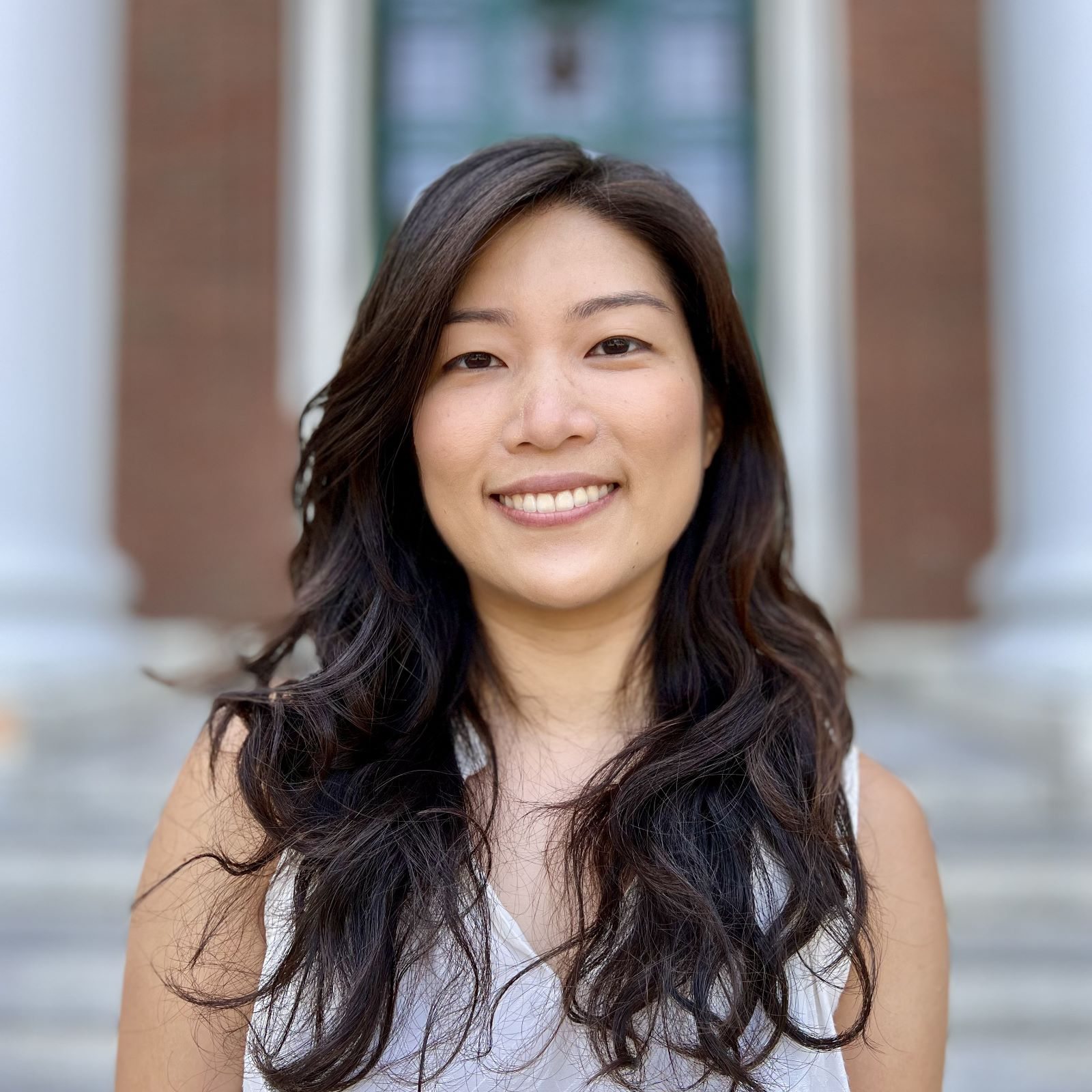
The first time I ever asked my parents for help on homework was at HBS.
Growing up as a child of Korean immigrants who weren’t comfortable with English, I realized early on that I couldn’t ask my parents for help with my homework. Instead, they relied on me for navigating everyday situations – I became their translator at school, soccer games, and restaurants.
Over the years, my independence honed from an early age coupled with both cultural and generational differences resulted in distance between me and my parents. We had a hard time saying “I love you” to each other, or having conversations that went beyond perfunctory topics. This was especially the case with my dad.
So, when I saw that we had a Business, Government & the International Economy (BGIE) case on Korea, I saw it as an opportunity to connect with him. I was grateful to hear rich perspectives I could share in class that could only come from my dad’s lived experiences. He went on for an hour and initially I thought “How could someone be so excited about chaebols?” But then I realized that it wasn’t chaebols he was excited about; he was excited to chat at length with me – something we hadn’t done in a long time. This also made me realize I shouldn’t need BGIE cases as excuses to call him.
The next time I called he asked, “Wow! Another Korea-related class?” I smiled and said, “No, I just wanted to chat.”
Howard Yang (MBA 2023)
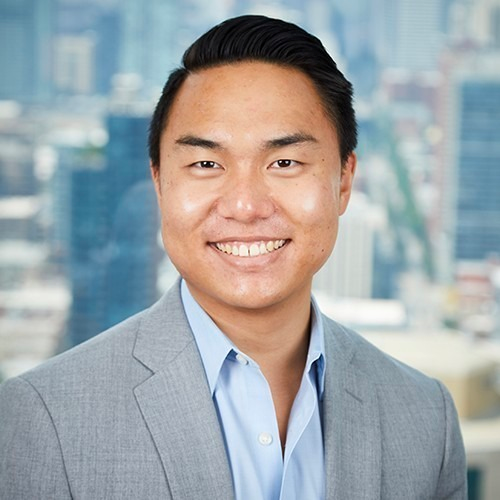
Growing up as a child of Chinese immigrants in the San Francisco Bay Area, I loved being Chinese American. Fortunate enough to be raised in a community of people who looked and talked like me, I never felt like an “other” and instead relished the fact that I might bring Lunchables to school one day and leftover fried rice the next. I felt that I was first and foremost an American, but also had bit “extra” because I was connected to a culture and people with thousands of years of rich history (and amazing food).
It wasn’t until I left California, to go to school in the Midwest, that I slowly became aware of the ways people might see me and my culture differently. I realized there were a lot of people in my country and in the world who had never met a Chinese person before, and had no idea what real Chinese food was (no, not orange chicken). But I realized that I can’t resent a person for not understanding a culture they had never been exposed to.
It wasn’t until I began working that I realized that my ethnicity might cause others to have different expectations of me. And so, guided by some amazing mentors, I made it my mission to defy those stereotypes. I wasn’t going to be sitting quietly in the corner building the financial model, I was going to be at the center of the table debating ideas with a CEO. And at the same time, I realized that it was also my job to make sure that other people of the same background, who didn’t have the privilege of growing up without feeling othered, had a home where they felt like they could express their true selves. It was this prerogative that made me want to be Co-President of the Asian Affinity Business Association (AABA) at HBS and build such a community here.
But the more that I think about the future of my identity, the more worried I become. I fear that there may one day be a decision point where I will be forced to choose whether I am Chinese or I am American, but I hope with all my heart that such a day will never come. I hope that our two cultures will seek to find not what drives us apart but instead what might bring us together. I hope that one day we, as a combined harmonious people, realize what amazing feats we are capable of achieving once we learn to work together.
Victoria Chen (MBA 2023)
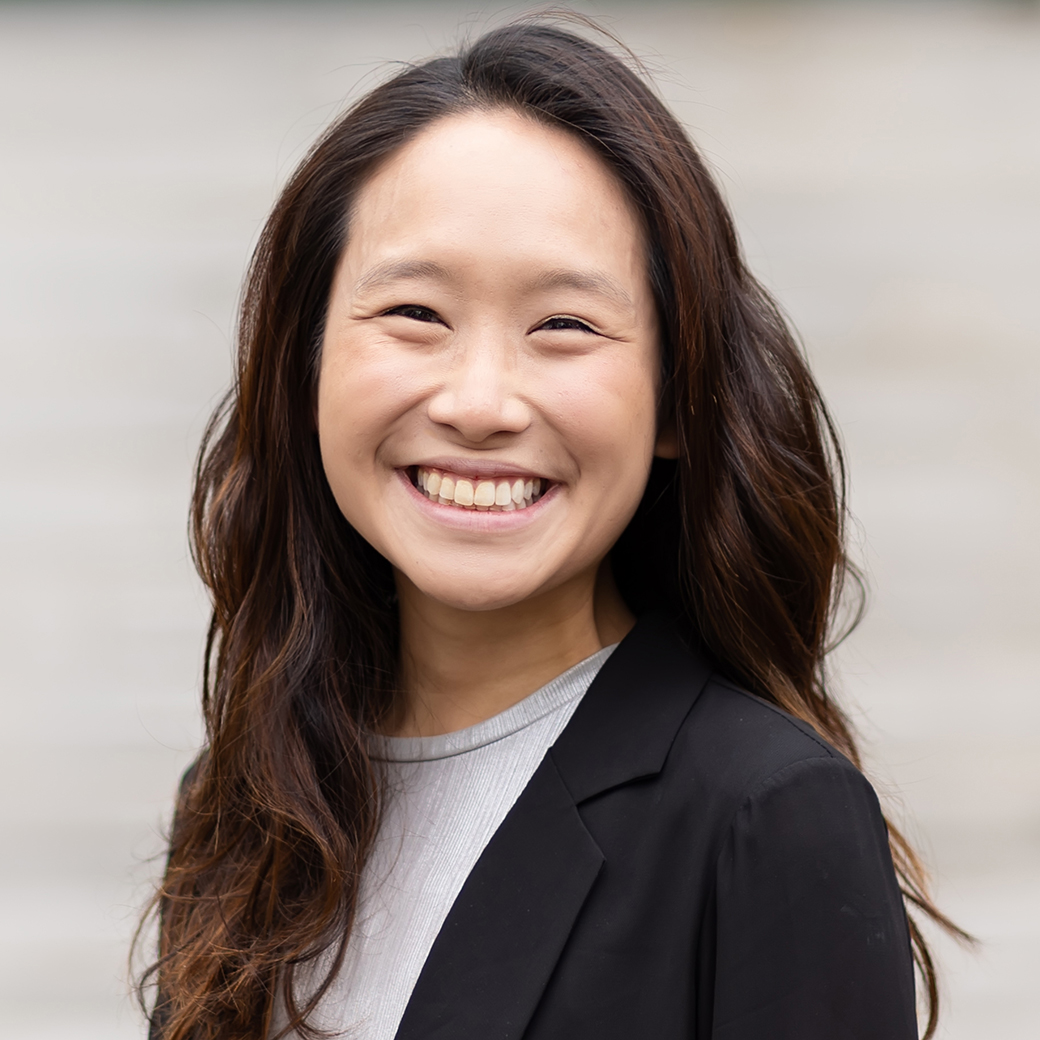
My relationship with my Asian American identity has always been complex, shaped by the contrasting experiences of growing up in Hong Kong and navigating the cultural terrain of America. As an Asian American, I have often felt out of place, too Asian in America and too American in Asia, a stranger in two worlds.
Yet, over time, I have come to appreciate the rich and diverse aspects of my Asian heritage and to embrace what it means to be Asian American. My culture has instilled in me the values of determination, resilience, hard work, and community, which serve as the bedrock of my identity and the foundation for how I show up for myself and others.
For me, being Asian American is about celebrating the richness and diversity of my heritage, sharing my love of food, traditions, and values with those around me, and creating spaces where people from all walks of life can come together and feel a sense of belonging. It's about building bridges and forging connections between people from diverse backgrounds, celebrating the uniqueness of every individual and fostering a spirit of inclusivity wherever I go.
Whether it's through hosting meals, cheering on my favorite sports teams, or running marathons, I am constantly looking for ways to connect with others, to build relationships based on mutual respect and understanding. For me, community is the cornerstone of my Asian American identity, a testament to the resilience and strength of a community that has faced its own unique challenges and emerged all the stronger for it.
Harrison Kim (MBA 2023)
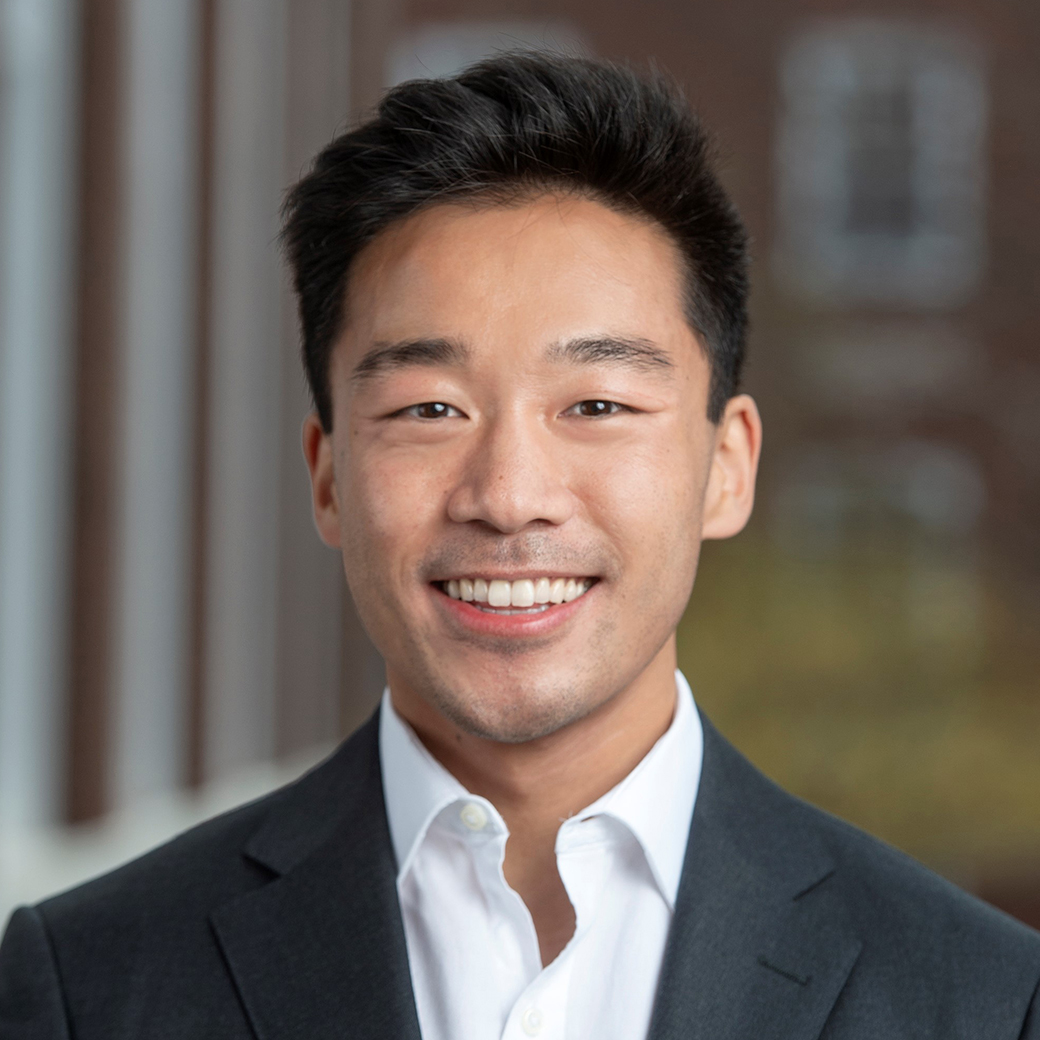
“Asian” was a dirty word. Growing up as one of the few non-white kids in my Seattle-area suburb, I was oftentimes more quickly identified by my race than my name. Along with my skin color came endless assumptions about who I was: math whiz, piano prodigy, karate master — “positive” stereotypes that more often than not were completely inaccurate. And yet I clung to these preconceptions; at least they were better than taunts of bad driving, accusations of cat eating, and endless emasculation. Paired with the fact that there was virtually no Asian American history in our textbooks or notable Asian American stories on TV, I frequently felt like an almost-shameful afterthought. And yet, I’m relatively lucky; my personal struggle is a mere echo of a long history of Chinese Exclusion Acts and Japanese internment camps and murders of Vincent Chins.
My intermediate solution was to align myself with my mockers and reject my Asianness altogether. With every self-hating joke I made, I turned away from self-actualization in a gambit to numb myself against further pain. Luckily, I was steered off this dangerous path; going to college, building an Asian American community, and sharing struggles was an elongated and unintentional course of therapy that allowed me to confront and overcome my insecurities. The world was changing too: Lin-sanity, Crazy Rich Asians, Stop Asian Hate, and many more seminal moments over the past several years helped shine a proud light on the part of me that I once tried to ignore.
“Asian” is centuries of struggle and perseverance. “Asian” is my grandparents’ escape from North Korea and their sacrifice for their children. “Asian” is me overcoming my shame and knowing who I am. “Asian” is something I’m immensely proud to be.
Angela Son (MBA 2023)
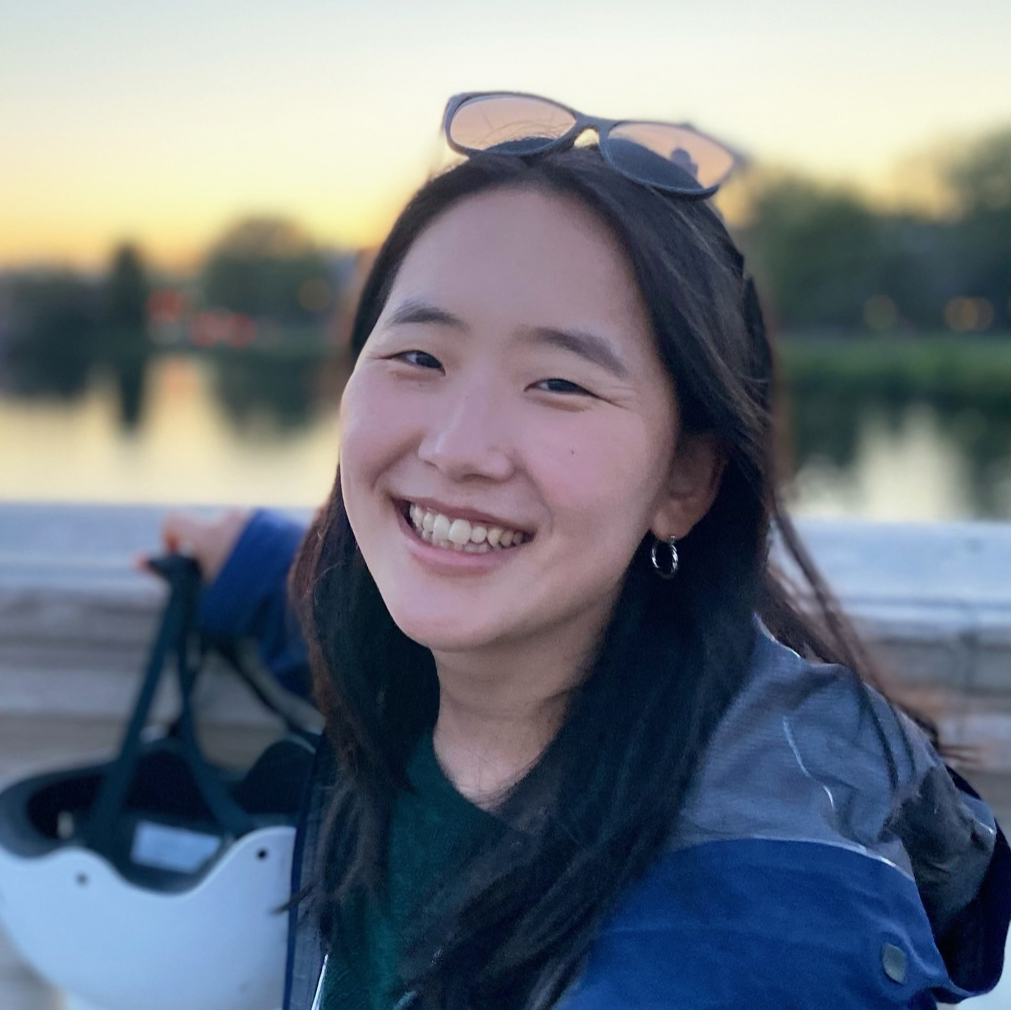
“Ew, who ate garlic this morning,” a girl sniffs and mutters loudly in class. Already feeling like “that new immigrant kid” in my sixth-grade class, I hold my breath and hope she doesn’t notice that it was me who had ripe and pungent pieces of garlicky kimchi with my breakfast. I pray that if I hide behind my English name, Angela, she won’t identify the foreignness that’s in my Korean name, Noori. I also make a mental note to ask my mom for a sandwich tomorrow instead of the kimchi fried rice I had been hiding in my lunch bag.
—
Many years later, I encounter a security guard at the airport who stares at my passport intently. Finally, he breaks the silence. “Noori … What a beautiful name!” he shares. “In Farsi and Hindi, that means light.” I excitedly respond, “It means universe in Korean! What a fun connection,” as I walk away, smiling to myself.
—
Accepting the multidimensionality of my identity – one as Angela and one as Noori – took me over a decade. It’s through positive interactions like the one at the airport, and through the eyes of other cultures that see the beauty in my name, that I learned that my heritage was something to be celebrated, not hidden in plain sight.
AAPI heritage to me means learning to find strength in my differentness. It means accepting where I came from and cherishing where I am now. It means bringing my whole authentic Angela and Noori self to work and life, and comfortably living in the grey zone that is a beautiful and messy blend of my Korean and Western identities.
Read the part 2 of this story here.

